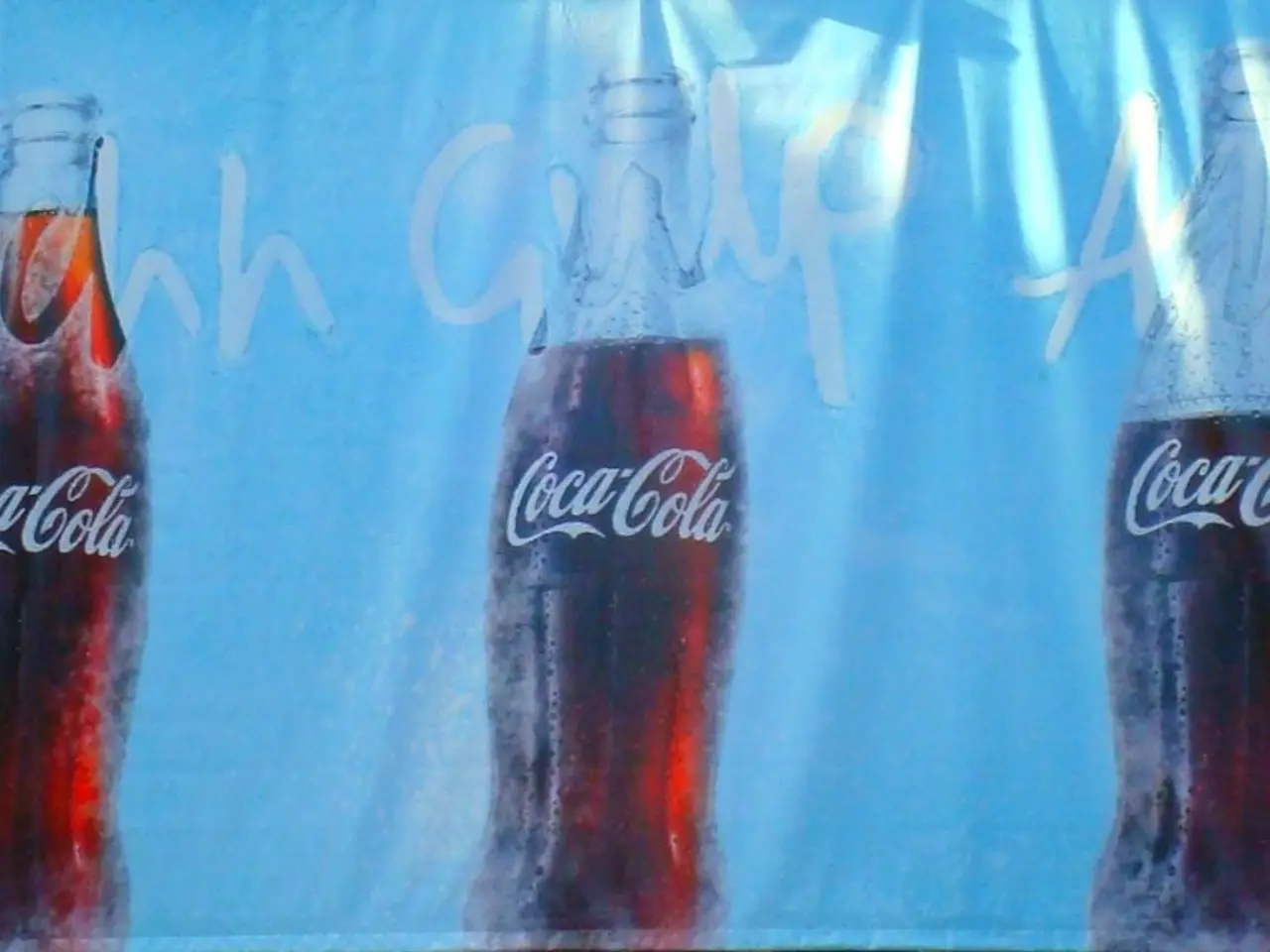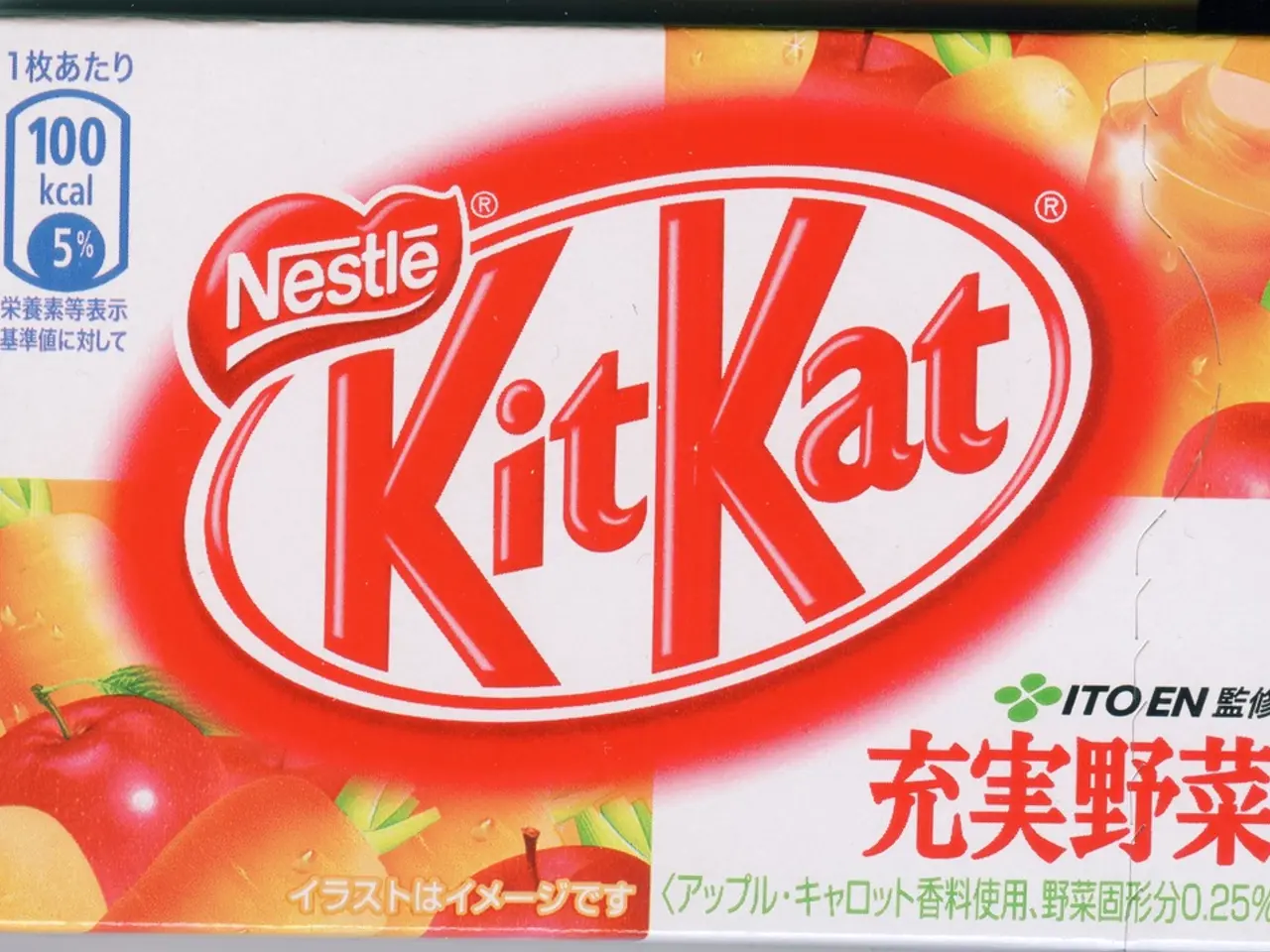Lawsuit Filed Against Coca-Cola over Deceptive "Natural" Branding
In a significant development, Coca-Cola is facing a lawsuit in California over the use of the term "100% Natural Flavors" on drinks like Sprite and Fanta. The lawsuit, filed by consumer Victoria Palmer, accuses the company of misleading advertising and breaking state laws that protect people from unfair labeling practices.
The outcome of this case could have far-reaching implications for Coca-Cola, as it may need to change its branding approach if its use of "natural" is ruled misleading. The lawsuit serves as a reminder of the importance of clear and accurate labeling in consumer goods, particularly in an era where words like "clean," "green," and "natural" are powerful selling points.
The lawsuit challenges the use of the word "natural" not for what it says, but for what it implies. The claim centers on additives such as citric acid and potassium citrate, which are common in many foods and drinks but are processed in ways that raise concerns for health-conscious buyers.
The timing of this legal challenge coincides with a broader shift in how people read food labels. Companies that heavily rely on wellness messaging may face increased scrutiny over their ingredient and process disclosures if the lawsuit leads to new regulations.
Current regulations and legal interpretations regarding the use of the term "natural" on food and beverage labels in the United States are notably vague. The U.S. Food and Drug Administration (FDA) has indicated ongoing efforts to clarify and update guidance around natural food ingredients, including food colorants and flavors, signaling potential future regulatory clarifications in coming years.
The FDA does not currently have a formal definition or regulation specifically for the use of “natural” on foods, including flavor designations. Industry practices use “natural flavors” typically to denote flavor ingredients derived from natural sources, but this is based more on guidance and industry standards than on strict regulatory mandates.
The FDA enforces general food labeling laws to ensure labels are truthful and not misleading, which applies to claims like “100% Natural Flavors.” Misuse or deceptive use may provoke agency enforcement.
If the court agrees that labeling like "100% Natural Flavors" misleads shoppers, companies may be pushed to be more specific about what their products contain and how those ingredients are made. The lawsuit is not just about the specific use of "100% Natural Flavors" but also challenges the broader implications of using terms like "natural" on food labels.
In a world where food labels influence buying decisions, every word counts, and some may now count as too much. The trust that once came with the word "natural" may no longer be enough for consumers, leading to a growing demand for transparency. The lawsuit could redefine clean labeling standards, potentially leading to changes in the food and beverage market.
Other companies in the industry will likely be watching the case closely, as their own marketing tactics could be next in line for scrutiny. Companies should monitor FDA updates closely to ensure compliance as new guidance emerges.
- In the realm of health-and-wellness, the implications of this lawsuit could prompt various therapies-and-treatments companies to reevaluate their ingredient disclosures, ensuring transparency and avoiding deceptive practices.
- As investors, understanding these developments in personal-finance could impact the perceived sustainability of companies, particularly those focused on food-and-drink and lifestyle sectors, potentially affecting their stock market performance.
- Simultaneously, the evolution of food labeling could drive necessities in the finance industry, as consumers may demand more secure investments in companies that prioritize clean and transparent labeling practices.
- Looking forward, the entire industry, from science and finance to lifestyle and food-and-drink, may need to adapt to these changes, demonstrating a commitment to transparency and honesty in their marketing and product offerings.




